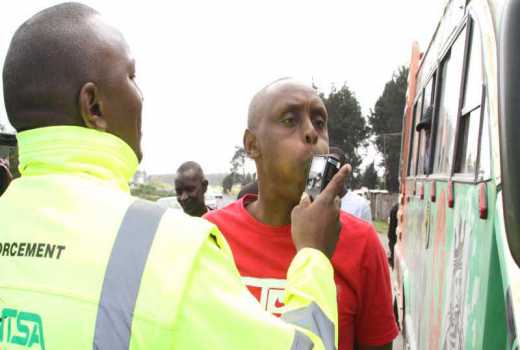
Last week, President Kenyatta ordered National Transport and Safety Authority (NTSA) off the roads to leave the police with the enforcement of traffic rules. The order follows increased attention to road safety after a series of fatal accidents last month that claimed hundreds of lives. While this directive makes sense, it is far from what we require to fully address road carnage in Kenya.
When it was set-up in 2012, the NTSA was a policy intervention to improve coordination in the regulation of road transport and reduce fatalities. The authority has a broad mandate regarding road transport. However, it had become infamous for extortion of motorists at roadblocks for drink-driving and speeding offences. Images of NTSA drivers disobeying traffic rules, including some in which they put themselves and other road users at risk, have been shared widely on social media. Then came the bizarre case in which NTSA officers were accused of causing an accident in Sachang’wan that claimed 32 lives.